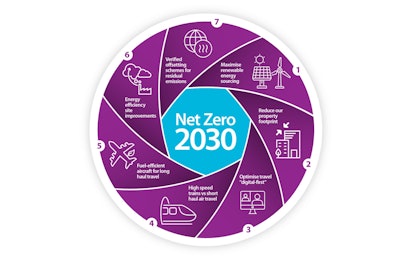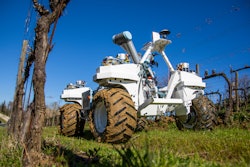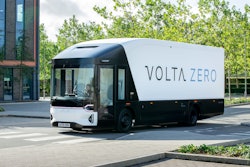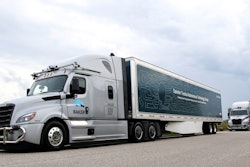
Ricardo has been working actively towards this goal of achieving Net Zero carbon emissions for some time and has been helping its broad client base in realizing their own climate change mitigation targets.
The company’s strategy employs a number of levers to achieve Net Zero. These include: maximizing use of renewable energy; making more energy- and space-efficient use of its commercial property portfolio as more flexible office working is implemented; maximizing the company’s ‘digital-first’ strategy and hence avoiding unnecessary business travel, and using the most energy-efficient means of where such journeys are essential, and; using verified offsetting schemes to offset residual emissions.
As part of Ricardo’s commitment to openness and visibility, which was set out in January 2020, the company’s greenhouse gas (GHG) emissions for the financial reporting year 2019/2020 have been independently verified by Lloyds Register. Moreover, for the first time, the company has included ‘scope 3’ emissions from air travel as part of its inventory. To strengthen our Net Zero commitment, Ricardo plans to implement Science-Based Targets during the financial year 2020/2021. Science-Based Targets are goals providing a clear and verifiable route to GHG emissions reduction; a target is considered 'science-based' if it is in line with what the latest climate science says is necessary to meet the goals of the Paris Agreement – to limit global warming to well-below 2°C above pre-industrial levels and pursue efforts to limit warming to 1.5 C.
Ricardo is pleased to report that the percentage of renewable electricity used by the business has increased over the last 3 years from 67% in FY 2017/2018 to 74% in FY 2019/2020, and the company plans further actions to improve this position in FY 2020/2021.
Ricardo CEO Dave Shemmans comments, “I am delighted that we are able to give a public commitment to achieving Net Zero carbon emissions from our operations for 2030.There is an increasing need for companies to contribute to the global effort to achieve the Paris Agreement targets, and I hope others will follow. We have continued to deliver on our environmental commitments whilst responding to the challenges of COVID-19. From these challenges we have gained additional insights, particularly related to the application of our ‘digital-first’ strategy, which has been instrumental to our management of operations through the pandemic as well as resulting in a reduction in travel. In air travel in particular, the past year has seen our carbon footprint reduce by a full two thirds. The Net Zero commitment being made by Ricardo today thus firmly underscores our guiding ethos of creating a more sustainable world that is fully fit for the future.”
The enhanced operational reporting, required to track the company’s progress to Net Zero, will be built on the best practice Ricardo’s environmental consultants have developed for their client work. In this work they help both governments and the private sector in achieving their goals to reduce GHG emissions and use scarce resources more effectively and efficiently. Ricardo’s Net Zero 2030 target is a key part of the company’s stated mission to create and deliver innovative cross-sector sustainable, efficient and secure energy, environmental and mobility solutions.



















